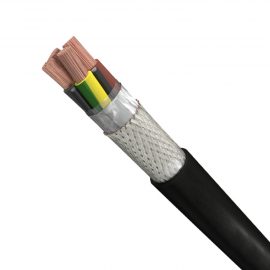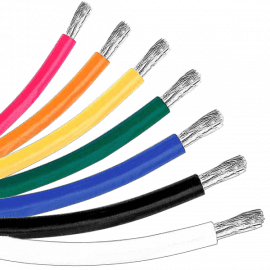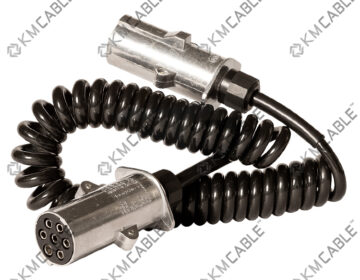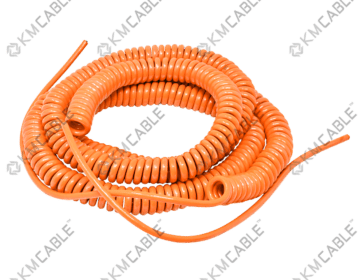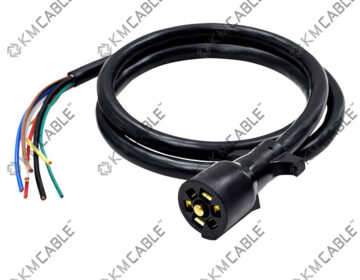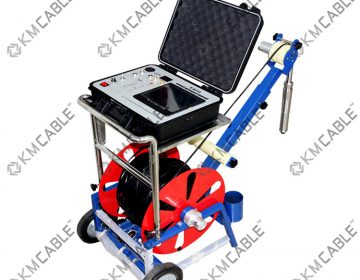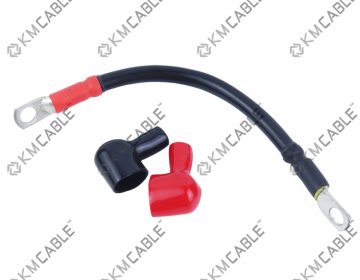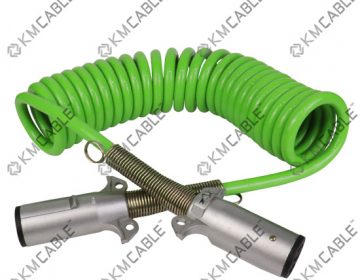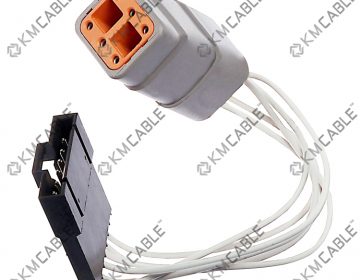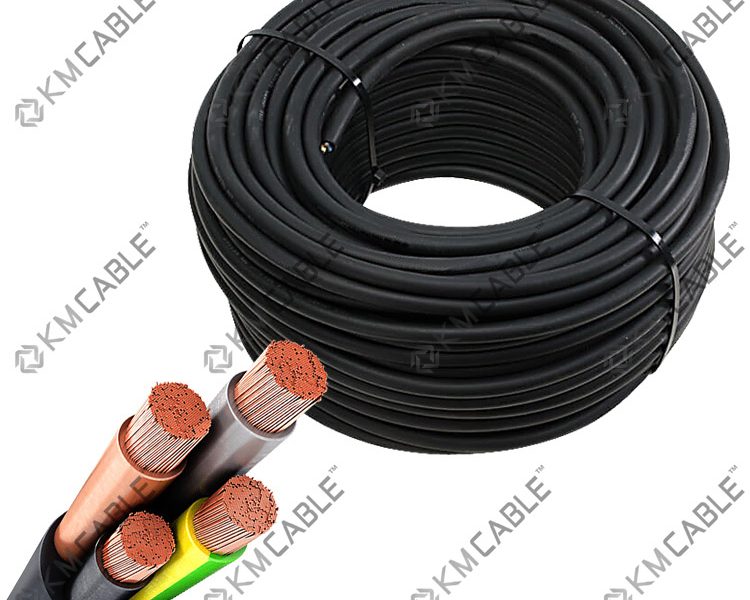
In a world that thrives on connectivity, cables are the unsung heroes that power our devices and keep us connected. However, not all cables are created equal, and the quality of a cable can significantly impact the safety and performance of your devices. This is where UL certification comes into play. In this article, we will demystify UL certification for cables, explaining its significance and shedding light on the process of obtaining it and its benefits.
In this article, we will demystify UL certification for cables, explore its significance, and introduce KMCable Pty Ltd—a premium supplier of UL-certified cables—as your trusted source for high-quality, reliable wiring solutions.
Understanding the Significance of UL Certification for Cables
UL, or Underwriters Laboratories, is a globally recognized organization that specializes in safety science. When it comes to cables, UL certification serves as a crucial marker of quality and safety. The significance of UL certification for cables can be broken down into several key points:
1. Safety Assurance
UL-certified cables have undergone rigorous testing to ensure they meet stringent safety standards. This testing covers various aspects, such as electrical safety, fire resistance, and resistance to environmental factors. When you use UL-certified cables, you can have confidence that they are less likely to cause fires or electrical hazards.
2. Performance Guarantee
Cables with UL certification are also tested for performance and reliability. This means they are less likely to fail prematurely, resulting in less downtime and frustration for users. You can expect UL-certified cables to consistently deliver the performance they promise.
3. Compliance with Regulations
In many regions, the use of UL-certified cables may be a legal requirement, especially in commercial and industrial settings. By using these cables, you ensure compliance with local regulations, reducing the risk of fines or legal issues.
4. Quality Assurance
UL certification is a testament to the quality of the cables. This certification helps consumers and businesses make informed decisions about the cables they purchase, reducing the risk of investing in subpar or counterfeit products.
The Process of Obtaining UL Certification for Cables
Obtaining UL certification for a cable involves a comprehensive and rigorous process. Here’s an overview of the steps involved:
1. Application
The manufacturer of the cable initiates the process by applying for UL certification. This involves submitting detailed information about the cable, its specifications, and the intended use.
2. Initial Evaluation
UL engineers review the application and conduct an initial evaluation, which may include an inspection of the manufacturer’s facilities and a review of the cable’s design and materials.
3. Testing
Once the initial evaluation is complete, the cable undergoes a series of tests to determine its safety, performance, and compliance with relevant standards. These tests are designed to simulate real-world conditions and usage.
4. Follow-Up Audits
After certification is granted, UL conducts follow-up audits to ensure that the manufacturer continues to meet the required standards and that the certified cable remains consistent in quality and safety.
Benefits of UL Certification for Cables
Obtaining UL certification for cables offers several key benefits:
1. Enhanced Credibility
Cables with UL certification are seen as more credible and trustworthy. This can boost the reputation of the manufacturer and instill confidence in consumers and businesses that use these cables.
2. Increased Market Access
UL certification opens doors to markets worldwide. Many countries and regions recognize and accept UL certification, making it easier for manufacturers to expand their reach and offer their products internationally.
3. Improved Safety
For consumers and end-users, the most significant benefit is the assurance of safety. UL-certified cables reduce the risk of accidents, fires, and damage to devices, creating a safer environment for all.
4. Regulatory Compliance
In many industries, compliance with safety standards is mandatory. UL certification ensures that manufacturers meet these standards, reducing the risk of legal issues and fines.
In conclusion, UL certification for cables is a critical component in ensuring the safety, performance, and quality of these essential components of our connected world. When you choose UL-certified cables, you’re making a smart and safe choice that benefits not only your devices but also your peace of mind. The rigorous process involved in obtaining UL certification underscores the commitment to safety and quality, making it a valuable designation for both manufacturers and consumers. So, the next time you reach for a cable, consider the peace of mind that comes with choosing UL-certified options
UL certified cable by KMcable
KMCable Pty Ltd – Your Trusted Premium UL Cable Supplier
When it comes to premium UL-certified cables, KMCable Pty Ltd stands as an industry leader, providing top-quality cables that meet international safety and performance standards.
Why Choose KMCable Pty Ltd?
✔ Premium-Quality UL-Certified Cables – KMCable Pty Ltd specializes in manufacturing and supplying UL-approved cables, ensuring safety, compliance, and durability.
✔ Advanced Testing and Certification – Every cable undergoes strict UL certification testing, meeting the highest safety and performance benchmarks.
✔ Comprehensive Cable Solutions – From electrical power cables to data transmission cables, KMCable Pty Ltd provides a wide range of UL-listed products for commercial, industrial, and residential applications.
✔ Commitment to Innovation and Sustainability – KMCable Pty Ltd adopts eco-friendly production methods, ensuring minimal environmental impact while delivering high-efficiency cables.
✔ Global Market Access – With UL certification, KMCable Pty Ltd’s products are recognized worldwide, making them the ideal choice for businesses operating in international markets.
Whether you need fire-resistant cables, power cords, or high-performance industrial wiring, KMCable Pty Ltd is the ultimate UL-certified cable provider you can rely on.


